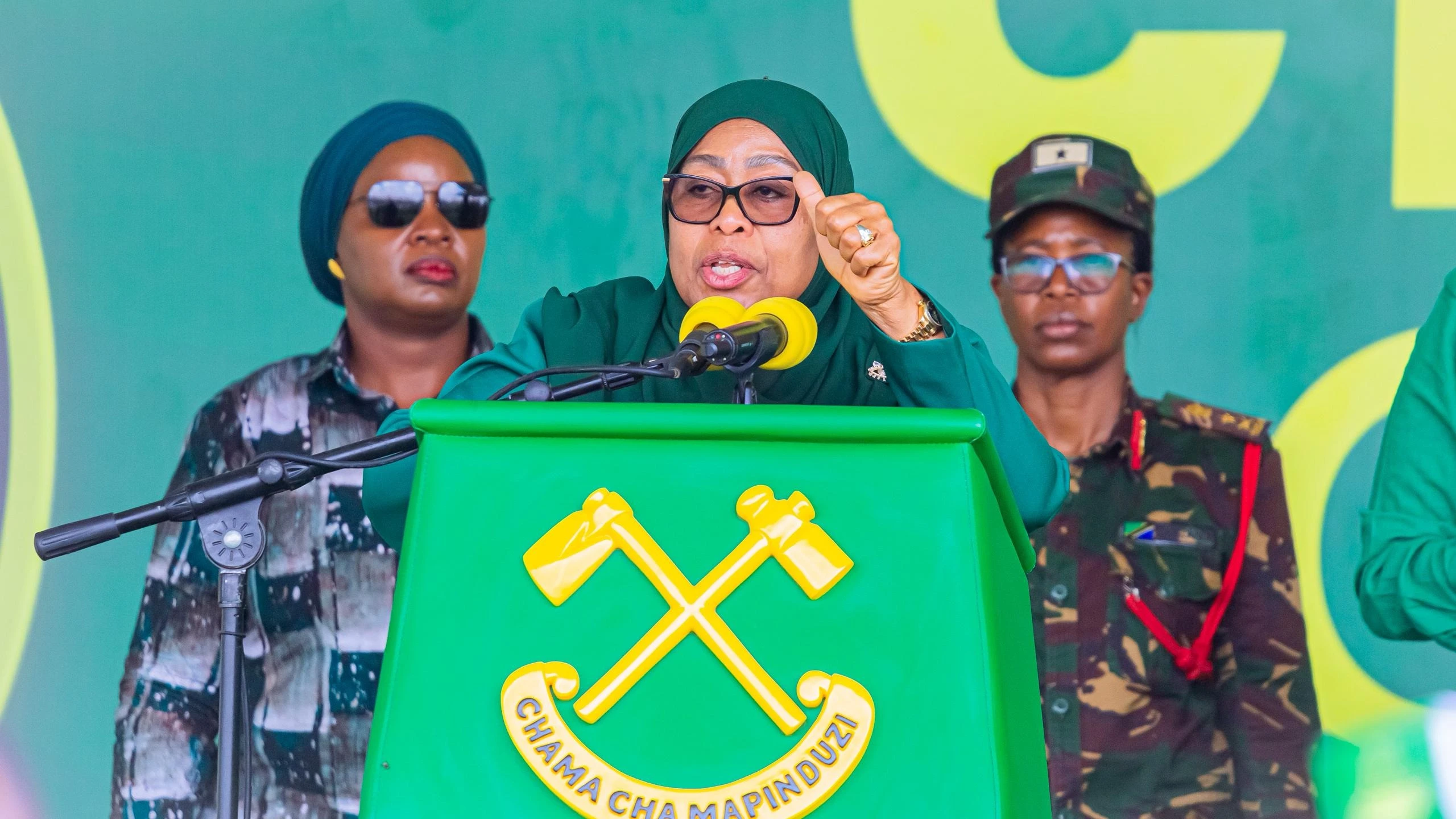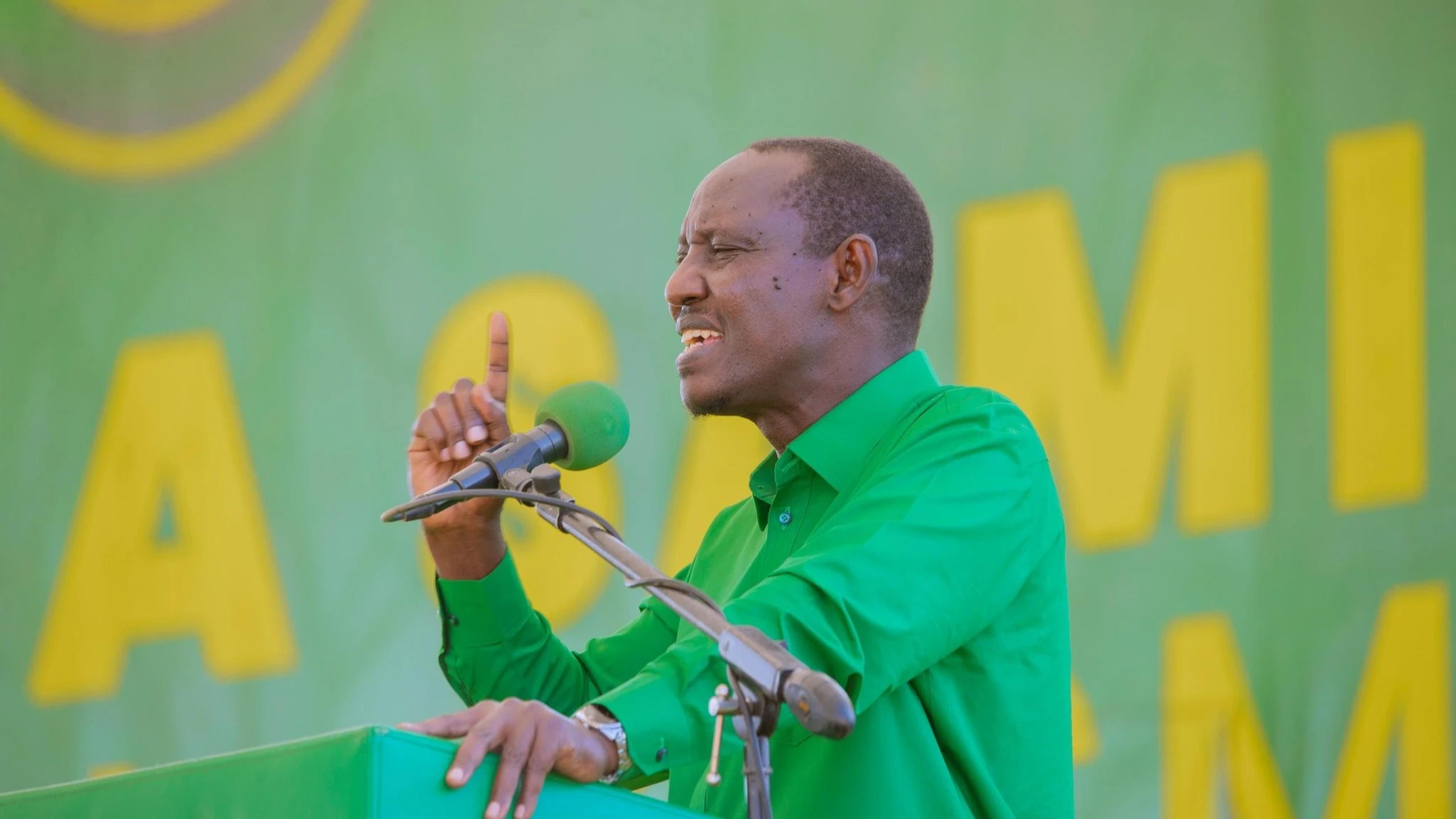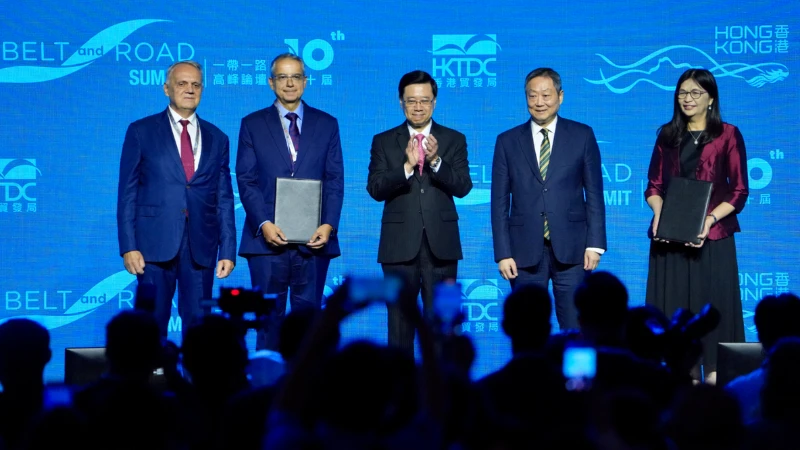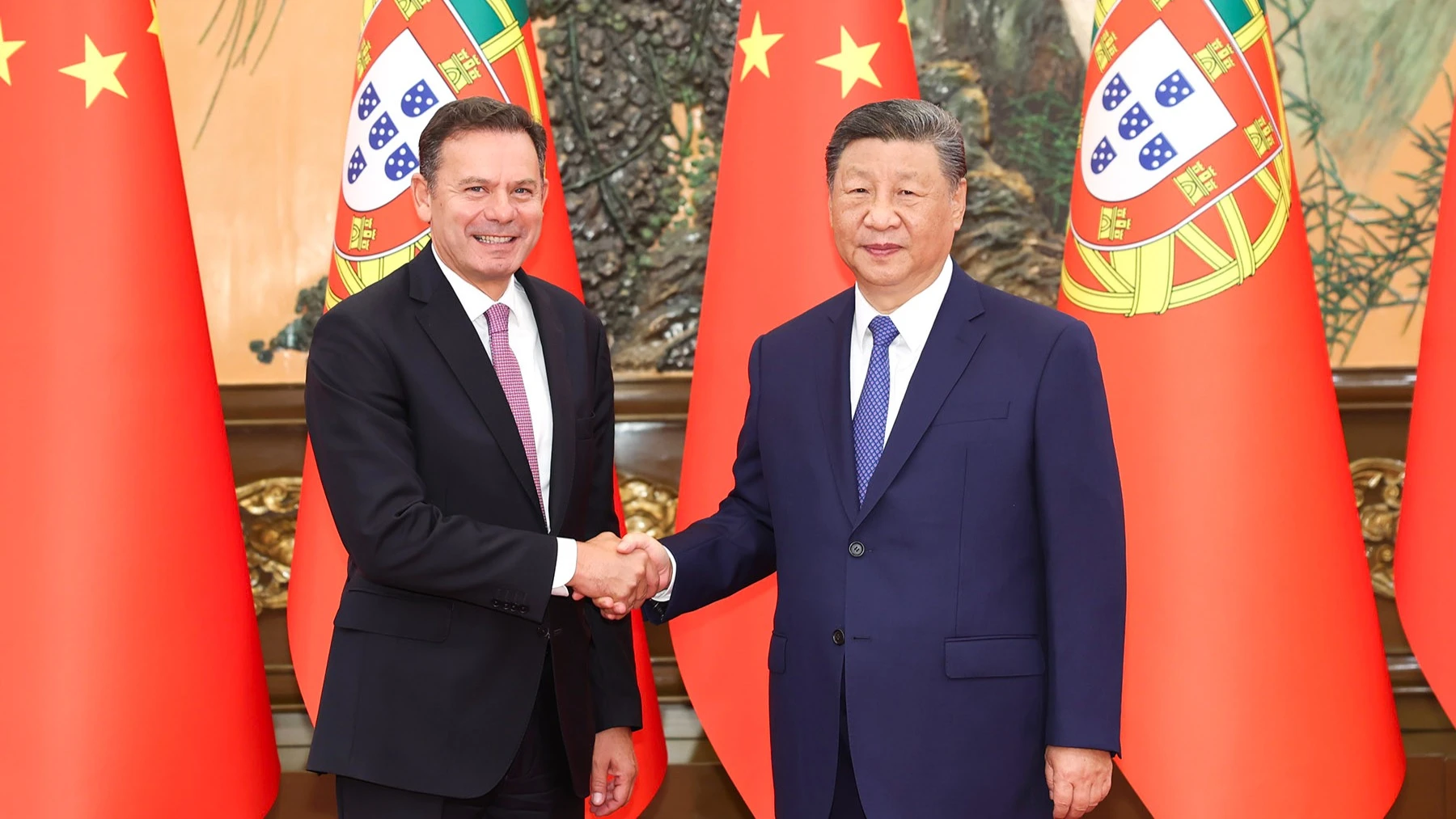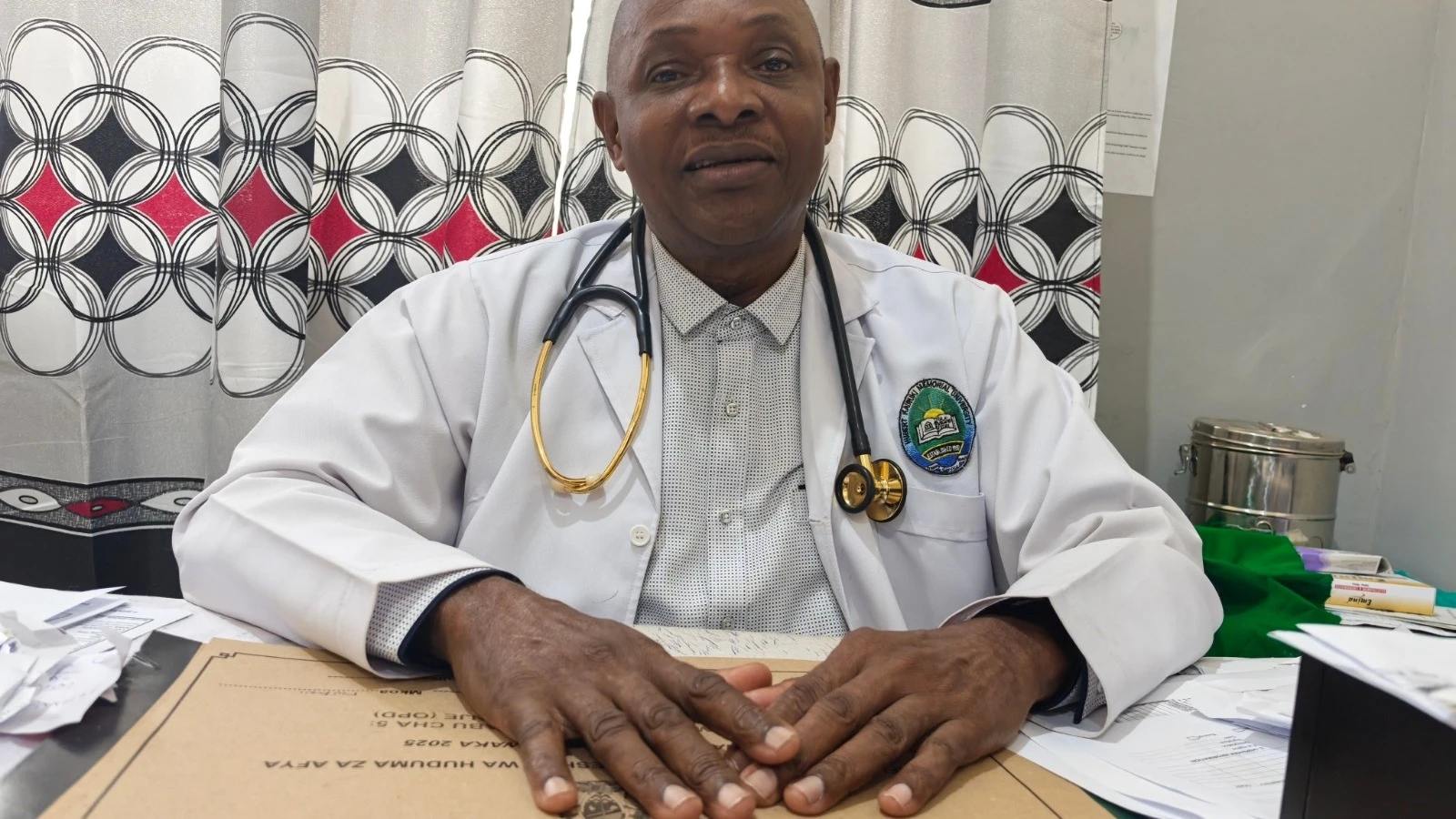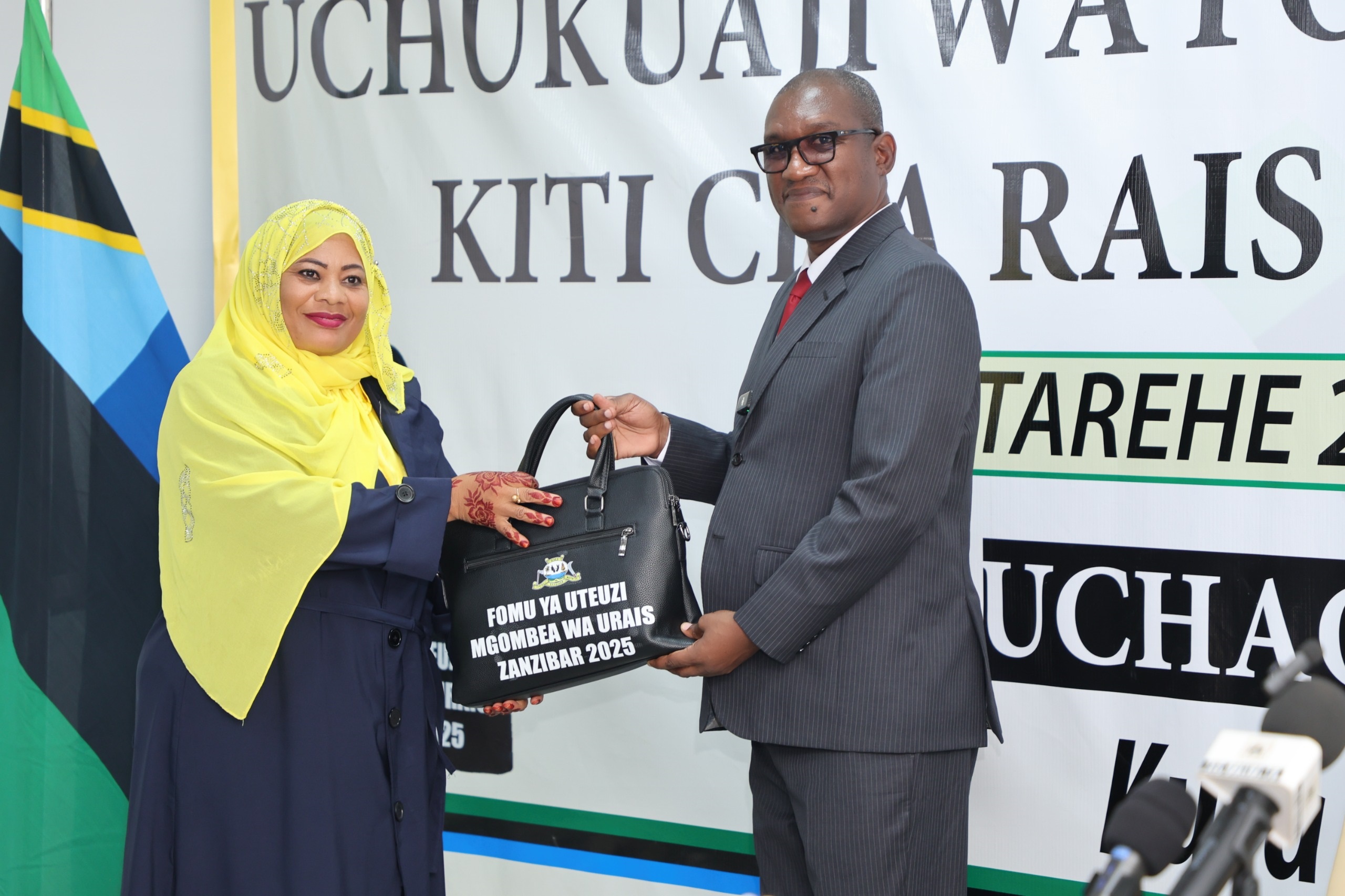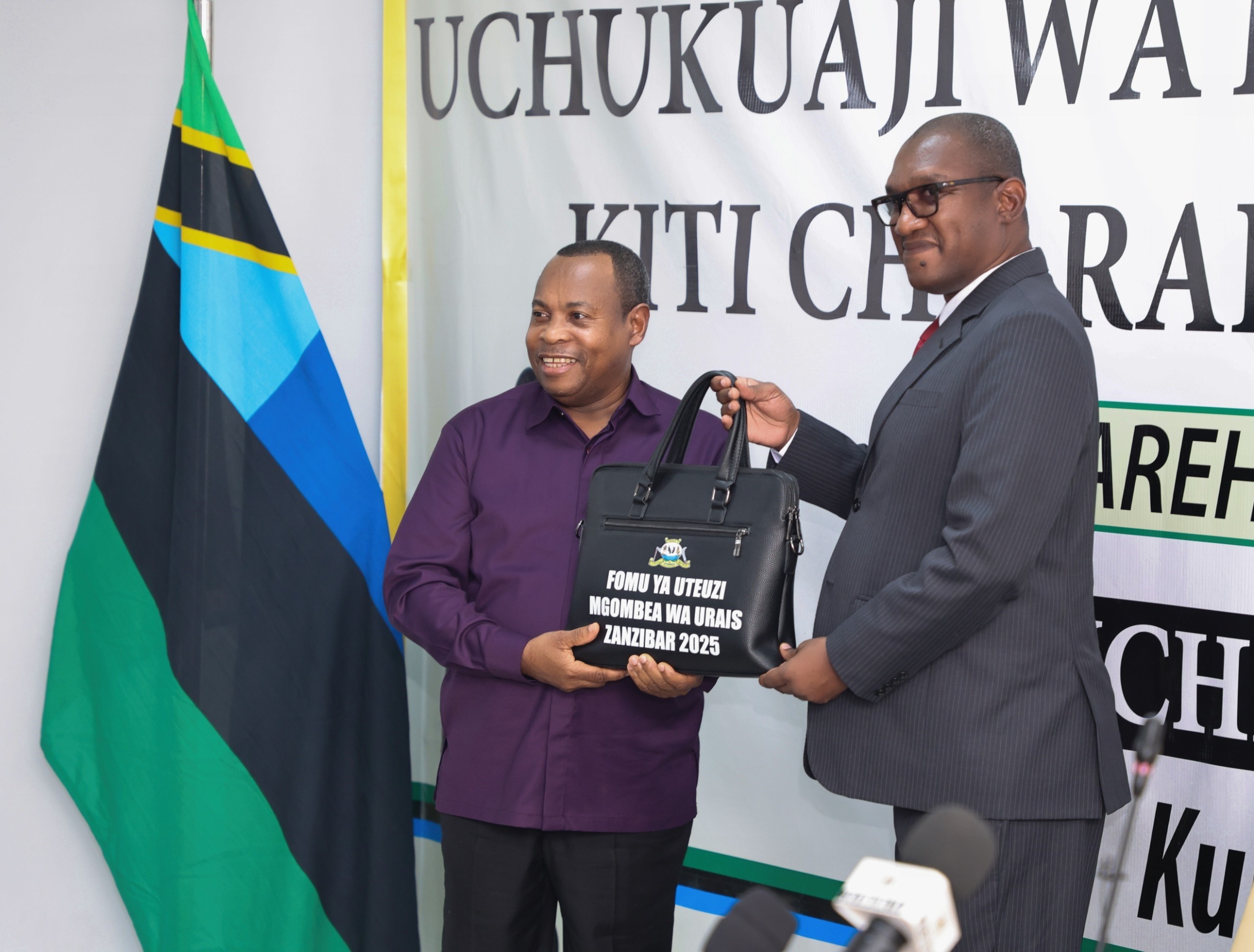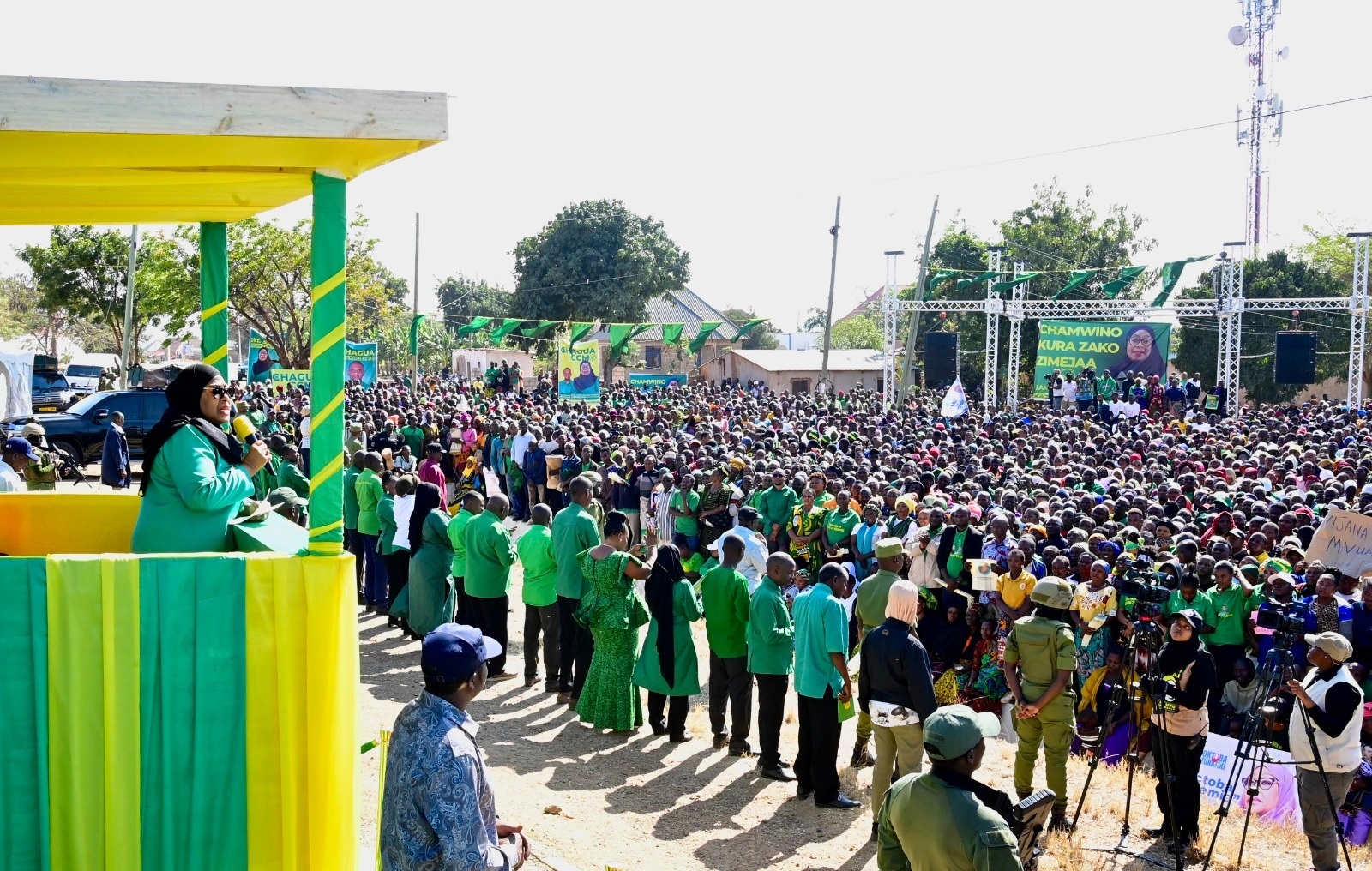Infrastructure emerges as anchor asset class for East African investors
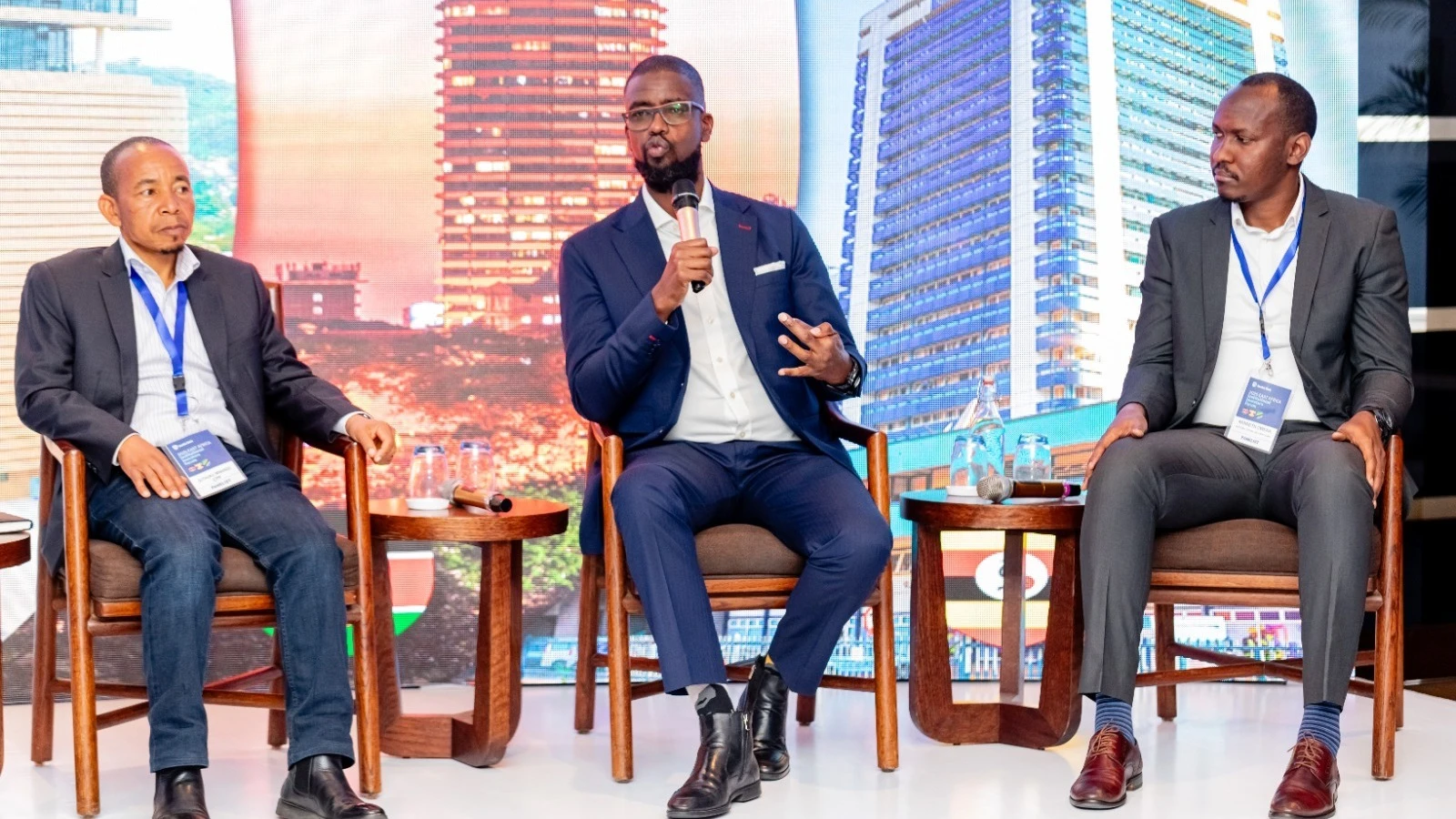
As traditional investment markets across East Africa reach maturity, institutional investors are turning their attention to infrastructure — not just as a development need, but as a viable asset class capable of delivering stable, long-term returns with measurable impact.
This shift was at the heart of the East Africa Institutional Investors Forum, held in Arusha from 22 to 23 July. Hosted by Stanbic Bank Tanzania, Kenya, and Uganda, the two-day forum brought together development financiers, pension fund managers, asset managers, capital markets authorities, and regulators to explore how private markets can be mobilised to accelerate infrastructure delivery.
“Institutional investors are increasingly looking for investment vehicles that deliver returns while also supporting national development,” said Aboubakar Massinda, Executive Vice President for Energy and Infrastructure at Stanbic Bank Tanzania. “Infrastructure is uniquely positioned to offer both. It is long-term, it is real economy, and it is essential.”
With public markets becoming saturated and overly concentrated, speakers called for the development of a broader investable asset universe — one that includes not only infrastructure but also energy transition, alternative credit, and specialised debt. This reflects a wider global trend where investors seek diversification and impact in the same portfolio.
Benedict Nkini, Vice President for Financial Institutions at Stanbic Bank Tanzania, said the forum was not designed for talk, but for traction. “We are not short of capital in East Africa. What we need are well-structured projects, regulatory clarity, and blended finance mechanisms that can make infrastructure commercially investable.”
Estimates presented at the forum placed East Africa’s infrastructure financing need at 42 billion US dollars, with pan-African projections going as high as 100 billion US dollars annually. Despite the scale, panellists agreed the problem is not the absence of money, but the lack of investment-ready projects.
Jonathan Muga, Executive Vice President for Global Power and Infrastructure at Stanbic Bank Kenya, highlighted the importance of predictability. “Investors need clarity — a pipeline, a time frame, and consistent rules. It is not about one project that takes 10 years to close. It is about building a programme of closable deals that instil confidence in the market.”
A recurring theme was the role of regulation and instruments. Participants emphasised the need to design infrastructure investments in forms that align with pension fund mandates and fiduciary risk profiles — including infrastructure bonds, listed vehicles, and risk-sharing structures.
Githuku Mwangi, Transaction Advisor at CPF Capital and Advisory Services, described the regional capital ecosystem as an “investment conveyor belt,” where different players — from commercial banks to fund managers — can finance different stages of a project’s lifecycle. “When properly sequenced, what is short-term for one becomes long-term for another. That is how capital flows efficiently.”
The forum also addressed how regional fragmentation in procurement, policy, and legal frameworks slows down momentum. While acknowledging ongoing government reforms, speakers called for more regional dialogue to harmonise standards and fast-track implementation.
In keeping with global investor priorities, environmental, social, and governance (ESG) considerations featured prominently. Development finance institutions in attendance, such as Impact Fund Denmark, reiterated their commitment to invest in infrastructure that expands access, drives economic inclusion, and addresses the last-mile gap in essential services like electricity, clean water, and transport.
Stanbic Bank, recently awarded Best Investment Bank in Tanzania by Euromoney, said it will continue to play a convening role in bridging commercial capital with development outcomes.
“This is not about replacing government funding,” organisers said. “It is about strengthening the capital stack — from concessional to commercial, so that our economies can grow on our terms, with our capital.”
Top Headlines
© 2025 IPPMEDIA.COM. ALL RIGHTS RESERVED











